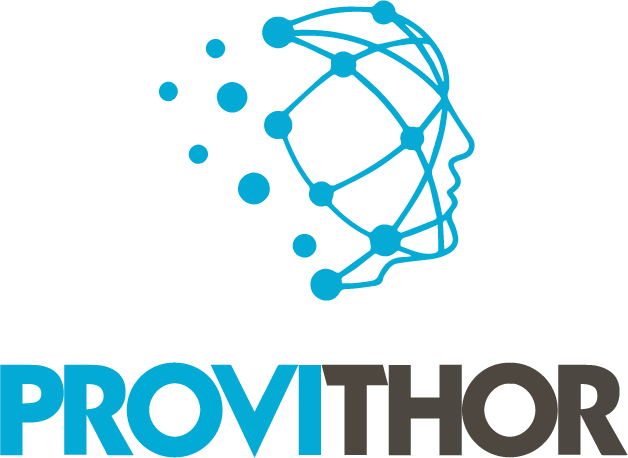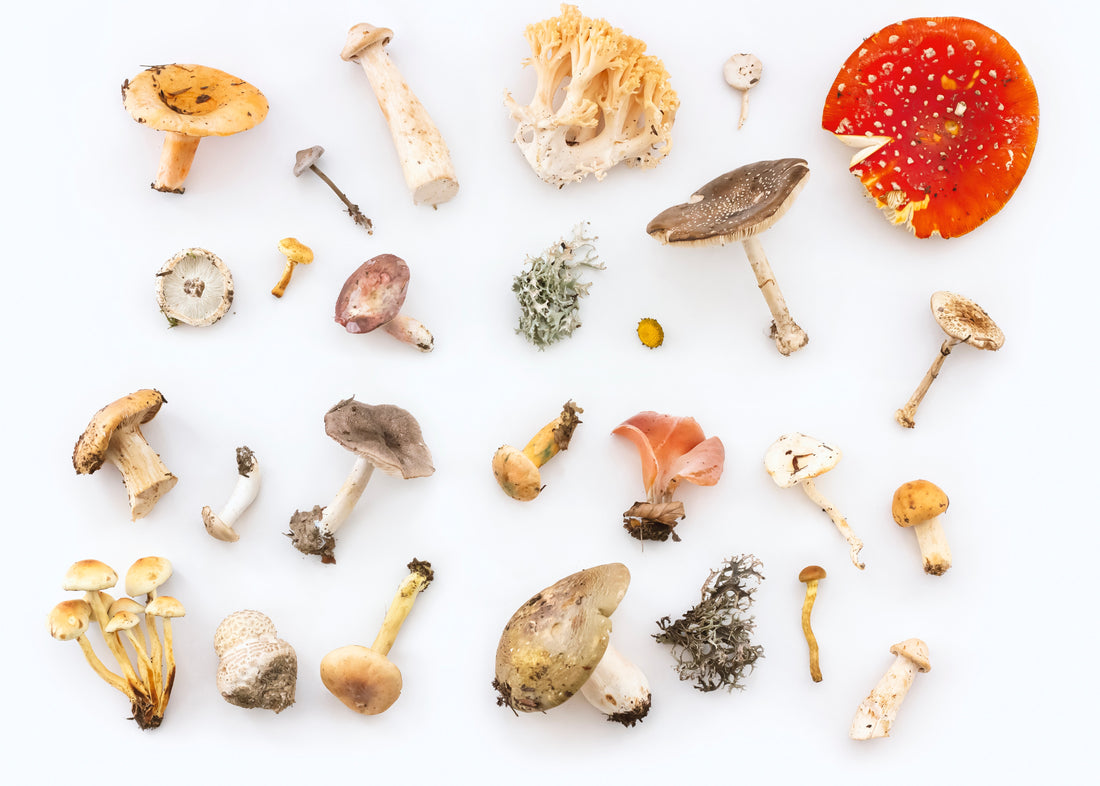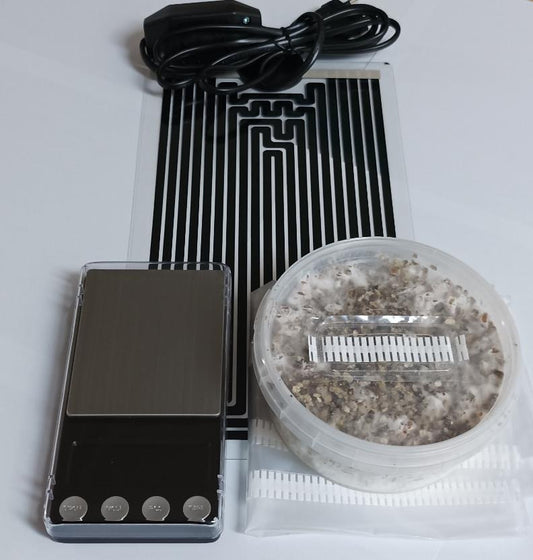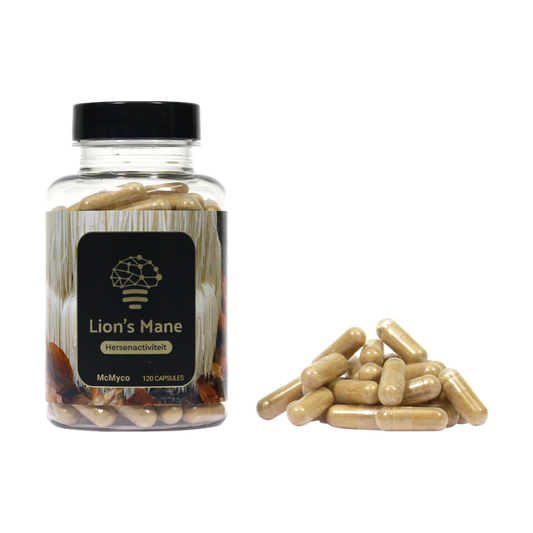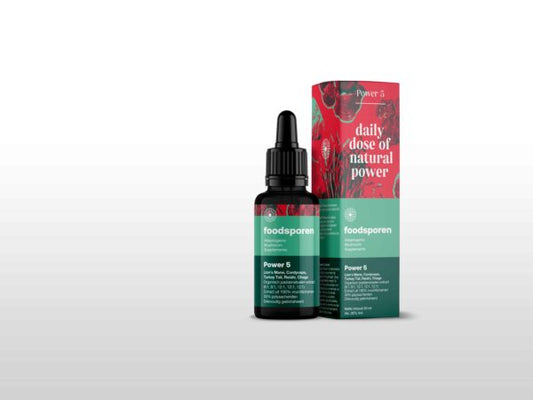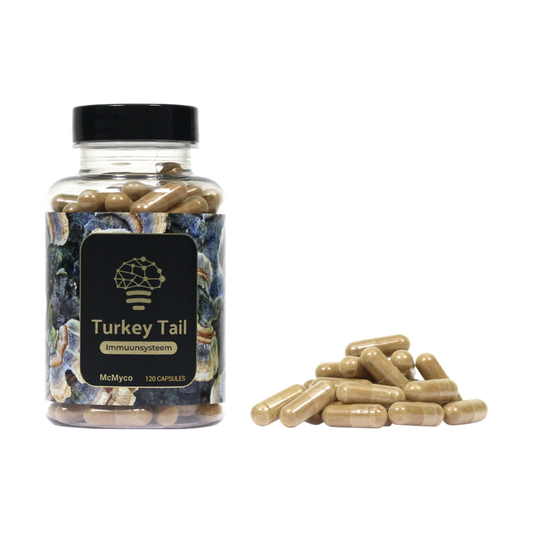Reishi, Lion's Mane, Chaga, Cordyceps, and Turkey Tail

Reishi Mushroom for longevity (Ling Zhi)
- Immune system: Reishi contains bioactive compounds that enhance immune function and promote overall immune system health.
- Used as Cancer treatment in Japanese medicine
- Liver: Traditionally used in Chinese medicine to support liver health and aid in detoxification processes.
- cardiovascular health: May help regulate blood pressure, cholesterol levels, and improve circulation, benefiting cardiovascular function.
- respiratory health: Reishi has been used to support respiratory health and promote healthy lung function.
- Sleep and stress management: The adaptogenic properties help the body adapt to and manage stress.
Reishi (Ganoderma lucidum) is one of the oldest medicinal mushrooms used by humans and a prized asset in traditional Chinese medicine. It has been referred to as the "Mushroom of Immortality" due to its reputation for promoting longevity and vitality. Reishi is traditionally used to enhance the immune system, support liver function, and reduce stress and fatigue.
One of the most important active compounds in Reishi is triterpenes, specifically ganoderic acids. These compounds are known to possess anti-inflammatory, antioxidant, and immune-enhancing properties.
Famous personalities such as Bruce Lee and Tony Robbins have been known to incorporate Reishi into their wellness routines. In one instance, Bruce Lee mentioned Reishi's positive effects on his well-being during an interview. He reportedly expressed his admiration for the mushroom's ability to promote overall vitality and balance, emphasizing the importance of maintaining a strong immune system and robust health for optimal performance in martial arts.

Lion's Mane Mushroom for memory and brain health
- Brain health: Lion's Mane has been shown to support cognitive function, memory, and overall brain health.
- Nervous system health: Lion's Mane promotes the growth and repair of nerve cells, benefiting the overall functioning of the nervous system.
- Digestive system: Supports digestive function and alleviates gastrointestinal discomfort.
- Immune system: Enhances immune function and healthy immune response.
- Mood and emotional well-being: Lion's mane shows mood-lifting and anxiety-reducing effects.
Lion's Mane (Hericium erinaceus) is a unique, creamy white mushroom with a shaggy appearance, resembling a lion's mane. It is both healthy and delicious, making for an excellent culinary mushroom as well as a medicine.
Traditionally used in Asian cultures, Lion's Mane is reputed for its ability to support cognitive function, memory, and overall brain health.
The primary bioactive compounds in Lion's Mane are hericenones and erinacines. These compounds protect and reinforce nerve cells (neurons) by promoting the production of nerve growth factors (NGFs) in the brain. Lion's Mane is often taken as a supplement to support mental clarity and focus.
Notable figures such as Tim Ferriss, an entrepreneur and author, and Joe Rogan, a popular podcaster, have embraced Lion's Mane for its cognitive benefits. Tim Ferriss has mentioned using Lion's Mane to enhance his focus and mental performance, while Joe Rogan has discussed its potential for promoting brain health.

Combining Lion's Mane and Psilocybin Microdosing
Lion's Mane (Hericium erinaceus) and Psilocybin mushrooms can have hugely beneficial effects on the brain that complement each other. Early studies and anecdotal evidence suggest promising possibilities in taking microdosing together with lion's mane supplements.
Paul Stamets, a mycologist and renowned expert on mushrooms, has proposed a microdosing protocol that includes Lion's Mane in combination with Psilocybin mushrooms. Microdosing involves taking sub-perceptual doses of magic mushrooms or magic truffles, to enhance creativity, focus, and overall cognitive function. Stamets suggests that the inclusion of Lion's Mane in the protocol may amplify the neurogenic effects of Psilocybin mushrooms.
Here's how it works: Microdosing opens the mind up to new thoughts and possibilities, which helps generate new neuronal connections in the brain.
Lion's mane supports and reinforces those new connections, by building up the protective layer of myelin on the cells. A thicker layer of myelin insulates the nerve and allows signals to travel faster, making the connection more stable.
Lion's Mane is also believed to promote neurogenesis—the growth and repair of nerve cells—in the brain. It contains compounds called hericenones and erinacines, which have been shown to stimulate the production of nerve growth factors (NGFs). These NGFs play a crucial role in the growth, survival, and function of neurons, potentially enhancing cognitive abilities and protecting against neurodegenerative diseases.
The potential of Lion's Mane to combat neurodegenerative diseases, such as Alzheimer's and Parkinson's, is of particular interest. Studies have indicated that Lion's Mane may help protect against beta-amyloid plaque accumulation, a hallmark of Alzheimer's disease, and increase levels of acetylcholine, a neurotransmitter involved in learning and memory. While further research is needed to establish its therapeutic efficacy, these early findings are encouraging.

Chaga Mushroom for immune support and anti-ageing
- Immune system: Chaga contains immune-modulating compounds that can strengthen the immune system and enhance its response.
- Chaga may be useful for cancer treatment, as it slows down tumor growth. Rich in antioxidants, helps neutralize free radicals
- Liver health: Supports liver function and promotes detoxification
- Traditional use against parasites, tuberculosis and inflammation
- Supports skin health: Chaga's antioxidant properties can promote healthy skin by protecting against oxidative stress and supporting skin rejuvenation.
Chaga (Inonotus obliquus) is a fungus that grows on birch trees and has been used for centuries in Siberian and Scandinavian folk medicine. Chaga is known for its immune-modulating properties and is traditionally used to promote overall well-being.
The key active components in Chaga include beta-glucans, betulinic acid, and melanin. Beta-glucans stimulate the immune system, betulinic acid exhibits anticancer and anti-inflammatory properties, and melanin acts as a potent antioxidant.

Cordyceps Mushroom for endurance and libido
- Energy and endurance: Cordyceps has been traditionally used to enhance energy levels, improve stamina, and support physical performance.
- Respiratory health: May help improve lung function and oxygen utilization, benefiting respiratory health.
- Kidney health: Supporst kidney function and promotes renal health.
- Cardiovascular health: May help regulate blood pressure, improve circulation, and support cardiovascular function.
Cordyceps (Cordyceps sinensis) is most famous for increasing energy levels and libido, as well as functioning as an alternative cancer treatment. It is a unique parasitic mushroom that grows on the larvae of insects. It has been highly regarded in traditional Chinese medicine for its ability to enhance energy, endurance, and athletic performance.
The bioactive compounds in Cordyceps include cordycepin, adenosine, and polysaccharides. These compounds have been shown to improve oxygen utilization, increase ATP production, and enhance cellular energy production.
Athletes such as Usain Bolt, the world-record sprinter, and LeBron James, a renowned basketball player, have reportedly used Cordyceps to support their physical performance, especially for increased energy and stamina.

Turkey Tail Mushroom as cancer treatment support and for gut health
- Immune system health: contains immunomodulatory compounds
- Gut health: Turkey Tail has been associated with promoting a healthy balance of gut bacteria and supporting digestive health.
- Liver health: Turkey Tail may support liver function and aid in detoxification processes in the body.
- Respiratory health: Turkey Tail has been traditionally used to support respiratory health and promote healthy lung function.
Turkey Tail (Trametes versicolor) is a widely studied mushroom that resembles the colorful feathers of a turkey's tail. It is traditionally used for its immune-enhancing properties and is often recommended for individuals undergoing cancer treatments.
There's a great story by the mycologist Paul Stamets, who had been working with Turkey Tail and other medicinal mushrooms for a few years, when his mother received a diagnosis of stage 4 cancer. In combination with other medication, she successfully used Turkey Tail to get to a stage of having no detectable tumors:
The primary active compounds in Turkey Tail are polysaccharopeptides (PSP) and polysaccharides, which exhibit immunomodulatory effects.
